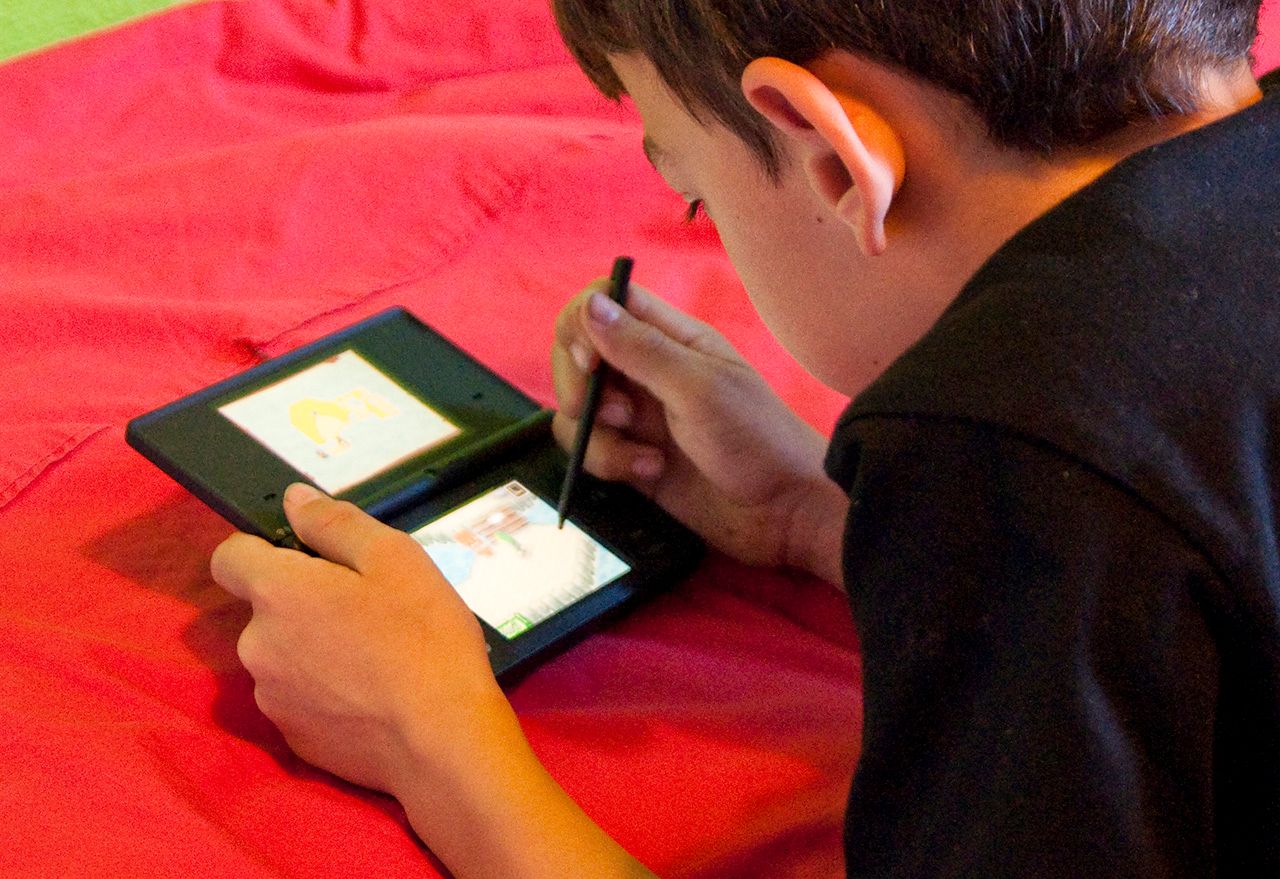With the UK launches of the Xbox One and PlayStation 4 consoles happening over the next two weeks, video gaming has drawn more attention by mainstream media than usual. So it's is good that a positive outcome has emerged in an enormous study on the effects of video games on young children.
The University of Glasgow conducted a study of 11,000 youngsters to find if they were adversely affected by television or games. It found that while watching TV for three hours or more a day led to a slight increase in behavioural problems in children aged five to seven, the same was not true for video gaming.
Exposure to video games had no effect on behaviour, attention or emotional issues, the study found. It also found that there was no difference in the results between boys and girls.
What strikes the report as significant is that the study pool was taken from 13,000 families. It used surveys of mothers in a massive millennial survey to track behaviour over time. It asked whether exposure to TV and electronic games from the age of five caused behavioural or emotional troubles later.
Most longitudinal surveys of this type are conducted by research teams in North America and focus on television watching. This one, therefore, has been described as groundbreaking.

